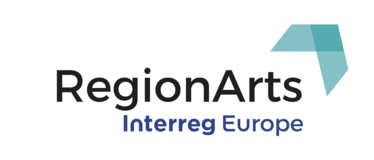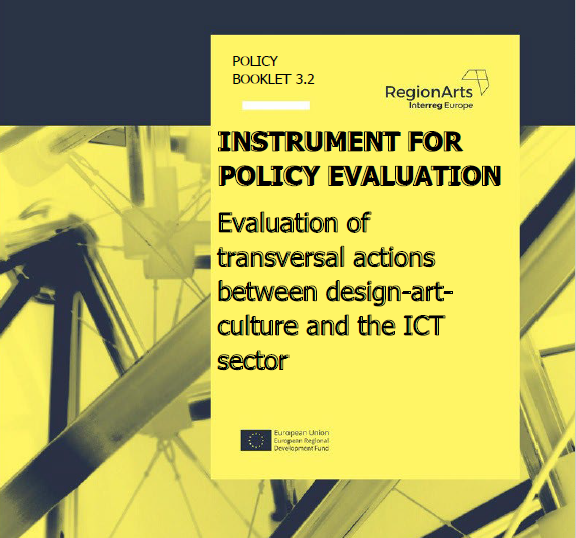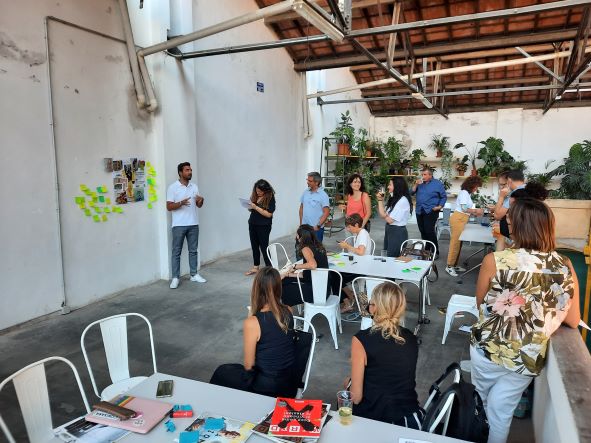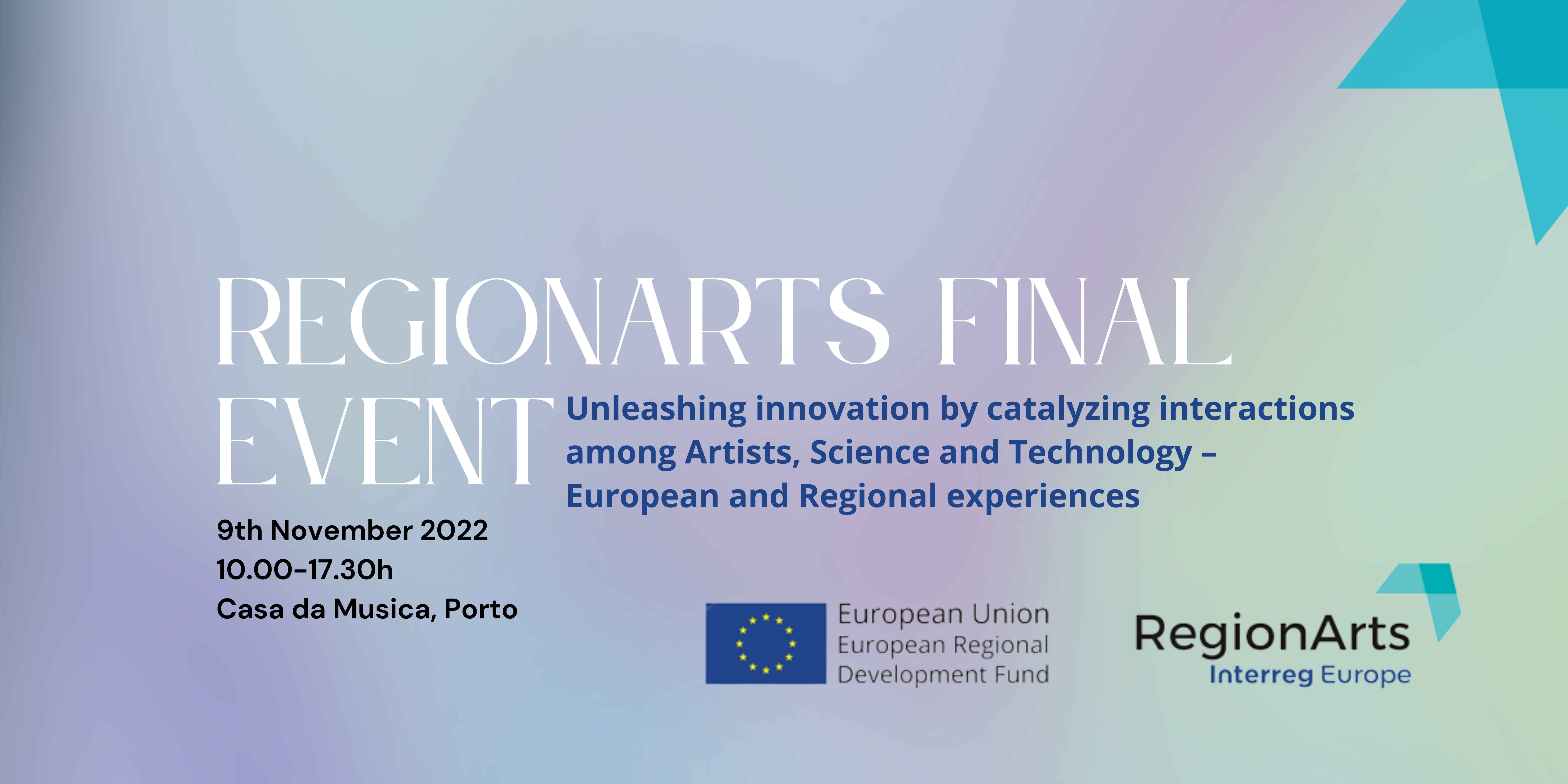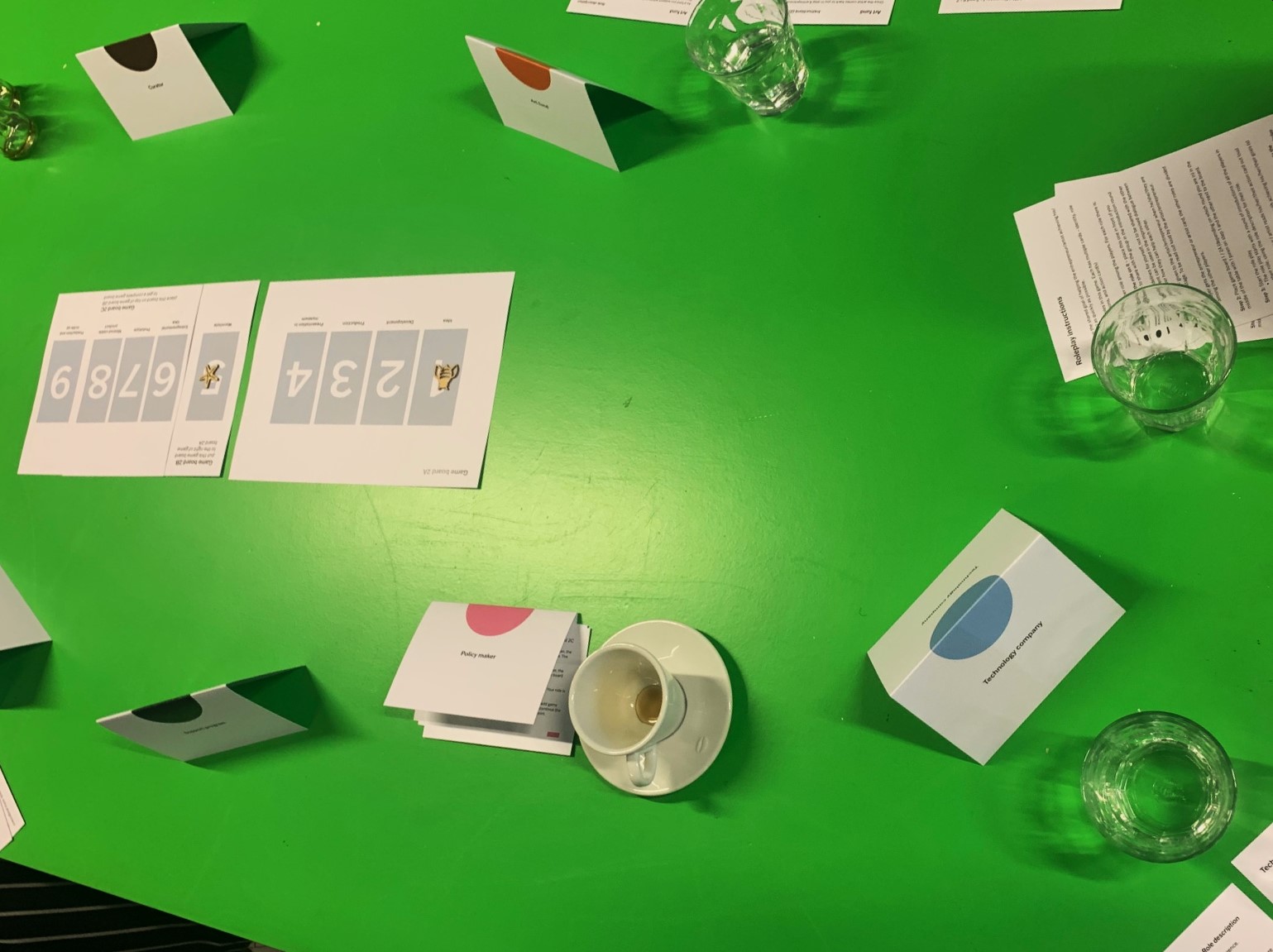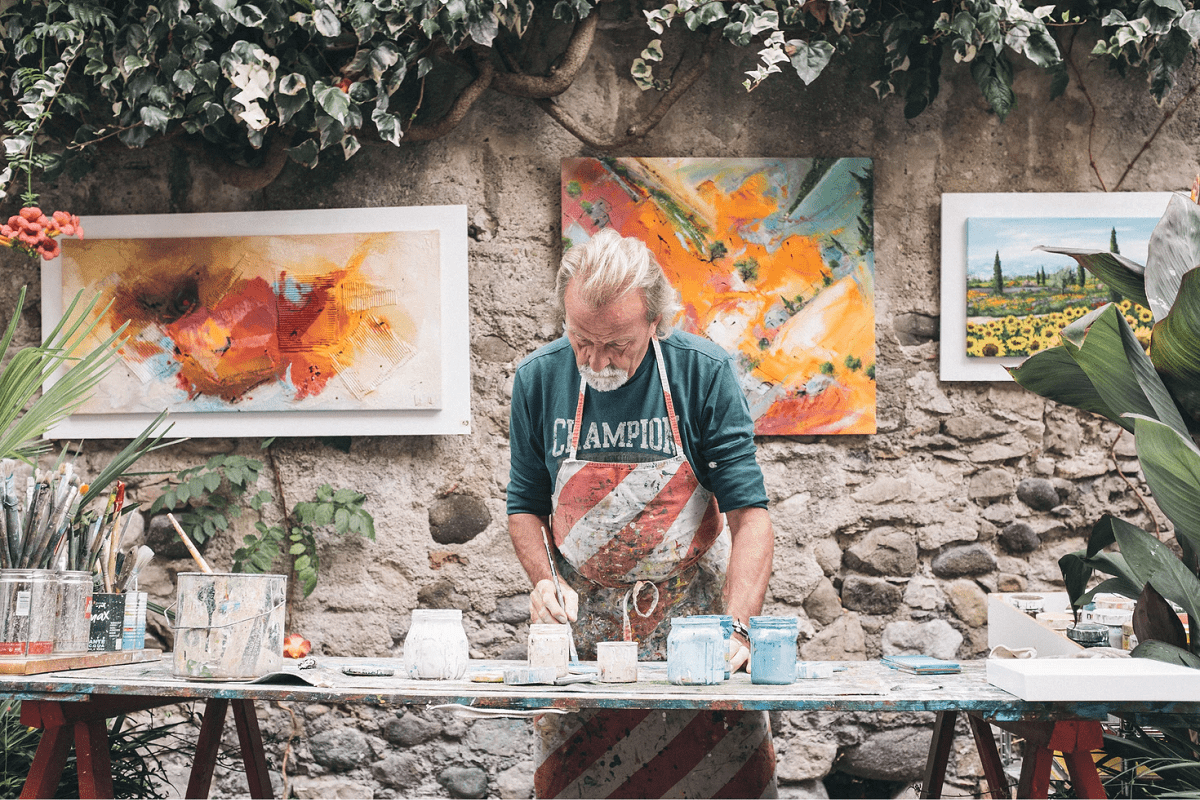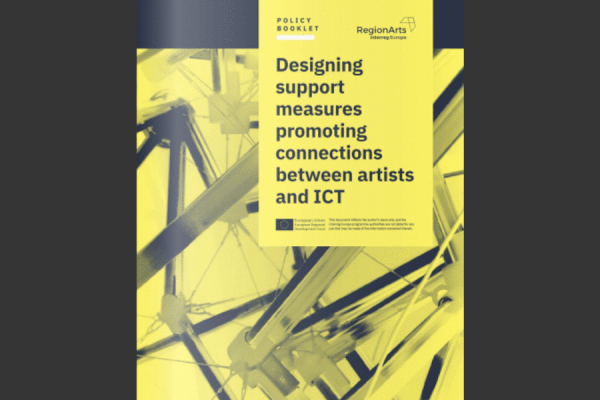Europe’s future industrial policy should be ‘green for all’ and based on fair competition. Social policies should stimulate greater cohesion and shared European values. In these ambitious tasks, the design is certainly needed to help with the sustainable transformation of our societies and businesses. Many at the European Commission, and a diversity of experts across many different fields, increasingly welcome design as an integral and important player in this necessary if not urgent shift in values.
And yet, many politicians and policy-makers have still to understand its full potential. The complex global challenges we face of climate change, digitalisation and the challenge to European values can benefit from design. Last week on 5th December in Helsinki, during BEDA’s first international design policy conference, ‘Successful Europe – How can design serve?’, these three challenges were interrogated and discussed with a group of 100 experts from the fields of business, environment, government, policy-making, technology and design.
Through framing the simple question, ‘How can design serve?’, delegates sought to support the development of next-generation design policy for Europe – a Europe that can successfully transition in the face of multiple challenges.
BEDA sees the role of design as elementary to Europe’s success and the success of Europe will depend on our ability to solve systemic, complicated challenges. We decided to focus on three of these - climate change, digitalisation and values — and design will and needs to play a strong role
Design plays a strong role
Moderated by BEDA’s President Päivi Tahkokallio, the intensive and collaborative one-day conference held at Oodi, (Helsinki’s award-winning and co-designed central library), created a much-needed dialogue between the design sector, policymakers and relevant stakeholders in Europe. During her opening speech, Finland’s Minister of science and culture, Hanna Kosonen, highlighted the role of design in our everyday life. As a politician, she emphasised that politicians need a much better understanding of how to support the creative sector with the legislation in Europe and how to enable greater co-working with citizens. She also reminded the audience that design has a role in creating immaterial value, necessary for sustainable growth.
The view from the European Commission
A very promising message for European design was delivered by our keynote speaker Anna Athanasopoulou, Head of Tourism, Emerging and Creative Industries at the European Commission. Anna Athanasopoulou acknowledged the pervasive issue of funding and invited the creative industries to look to a variety of different funding instruments including, for example, COSME. In the face of the changing realities of Europe, due in part to forthcoming legislation, Anna Athanasopoulou foresees that design can create solutions in fields such as green transition, the shift towards circularity, sustainable production and consumption, the bringing of solutions closer to local communities and the development of human-centric technologies.
The EU supports the creative industries by ensuring a favourable policy environment. This is achieved through policy coordination and cooperation in the fields of culture policy - for example, audiovisual and media, and industrial & international trade. The legislation also has a powerful role to play, for example, through protecting the rights of the creative industries including through robust and effective intellectual property rights.
Looking Forward
The conference closed with the commitment from BEDA to continue the collaborative process, with both existing and new stakeholders and partners, of developing next-generation design policy for Europe. You can read the full article here. You can also check Elina Perttula , Project Manager, Bachelor of Culture and Arts, B.Soc.Sc. interview on "First international design policy conference looking for solutions for the future of Europe" here.
